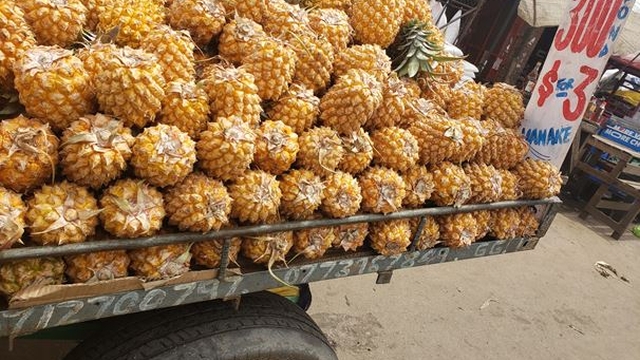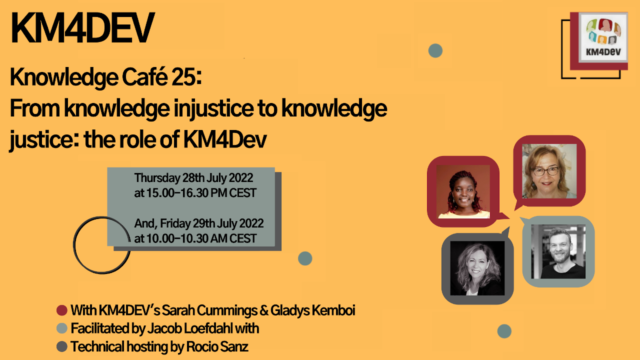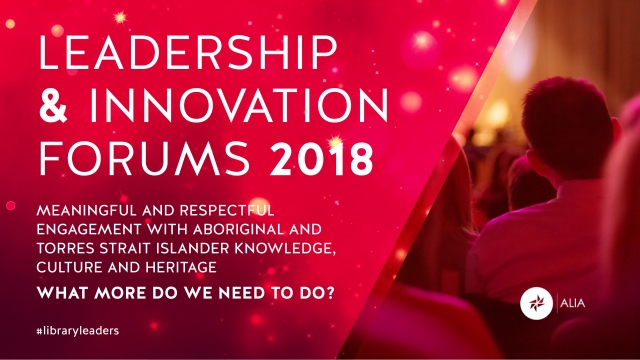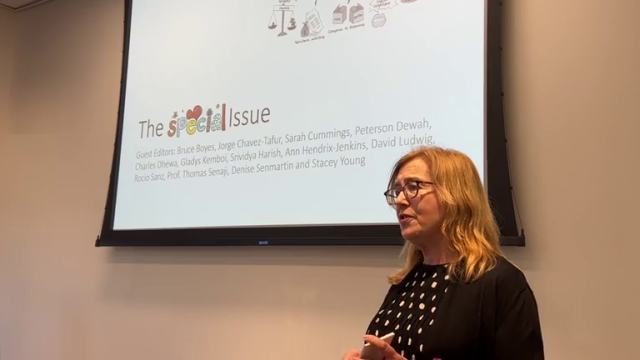
The curse of imported knowledge and extractive investment models
Authentic growth-oriented investment should include identifying and packaging indigenous knowledge, wisdom and values so that local people believe in their own capacity to solve their own challenges. Instead of relying on imported equipment, knowledge and innovations, indigenous knowledge should be given an important role in development. Although well-intentioned, many development agencies continue to bring an extractive mindset to local development by ignoring indigenous knowledge and promoting external food that undermine local food systems.
In most development interventions, information that communities should have from project inception is hidden only to surface when the project is about to end when development start talking about handing over the project to the community. During implementation, most procurement processes are handled at head offices in the city even though some resources and knowledge can be easily provided by the community using social capital and indigenous knowledge.
Unfortunate dominance of external commercial value chains
Where external value chains like tobacco, sugar cane, macadamia nuts and many others are introduced, they tend to undermine local food systems. Once local people and farmers begin to earn income from external value chains, they start purchasing processed food from local shops. However, the communities often lack knowledge on how to use external food in building local food baskets. From discussions with community members, it is possible to hear that most communities have more than 40 indigenous vegetable varieties but because knowledge on this food is not being documented and promoted, consumption is being over-taken by external food. People in some rural communities in Zimbabwe have mentioned how the coming in of cooking oil has destroyed indigenous vegetables which can be better cooked with peanut butter. Commercial cooking oil is also reported to destroy the taste of indigenous vegetables.
There are increasing calls for the development of platforms that can creatively integrate external knowledge with existing practices around food and the notion of development. This will also enhance knowledge on the natural contexts of diverse food systems. Science has to be simplified so that it enables communities to appreciate their indigenous knowledge around food. Strangely, some initiatives from outside are not new ideas but riding on traditional knowledge which is being converted into projects using the beneficiary model that is destroying community coercion. When a development organization select 4000 households from a community of more than 10 000 households that have been co-existing together for decades, the natural evolution of the community is disrupted.
Perhaps it’s time to move away from beneficiary model
Having failed to change lives through the beneficiary model, development agencies, private sector and governments should consider alternative community development models that put local people and local knowledge at the centre of development. This can start with strengthening the whole community by capacitating local leaders to package and valuate their natural resources. Investment guides can be the main result from this initial step. In the absence of an assessment of knowledge and skills existing in rural communities, it is difficult to know where to start in trying to improve lives. Development organizations end up bringing people from outside the community to work there when locally people have abundant expertise.
The main challenge is that there is often no one responsible for assessing existing skills and wisdom at community level. With the right support, communities can assess their knowledge gaps and build investment guides informed by their preferences. Instead of providing piece-meal solutions, development organizations and policy makers should only facilitate mobilization of resources and social investors. In most cases, private investors have no clue what to invest in rural communities because there is nowhere to start. Government can do better by concentrating on providing an enabling environment for communities to flourish through using local knowledge as a foundation.
Charles Dhewa, CEO, Knowledge Transfer Africa
Email: charles@knowledgetransafrica.com / charles@emkambo.co.zw / info@knowledgetransafrica.com
Website: www.emkambo.co.zw / www.knowledgetransafrica.com
Mobile: 0772 137 717 / 0774 430 309 / 0712 737 430
Article source: eMkambo blog. Reproduced by permission.
Header image source: Author supplied.





